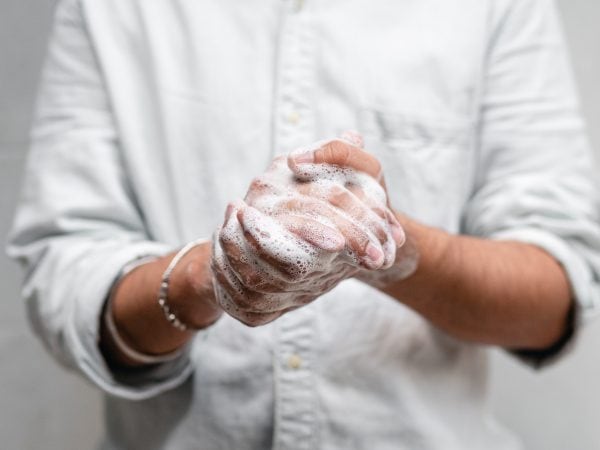We are paying close attention to recent developments regarding COVID-19 (Coronavirus), and this webpage will be used to communicate best practices, provide answers to frequently asked questions, and communicate updates as more information is learned.
Respiratory illnesses are currently circulating in Illinois, and symptoms include fever, coughing, and difficulty breathing. No one should assume that someone exhibiting these symptoms has coronavirus; however, standard precautions should be taken to reduce the risk of illness.
We are tremendously grateful to the many sites, supporters, and volunteers, for their continued commitment to serve the homeless on our community during this significant time period.

The solution to end homelessness is more complex than providing individuals with food and shelter. Founded in 1985, DuPagePads is the largest provider of interim and permanent housing, coupled with support services in order to help individuals work toward a place to call home – DuPagePads vital support services enable the individuals we help to receive case management and life coaching, employment support such as GED courses and job coaching, as well as engagement with employers—effectively stopping the cycle of homelessness.
DuPagePads IS the solution to end homelessness — because when someone believes in you, everything can change.
